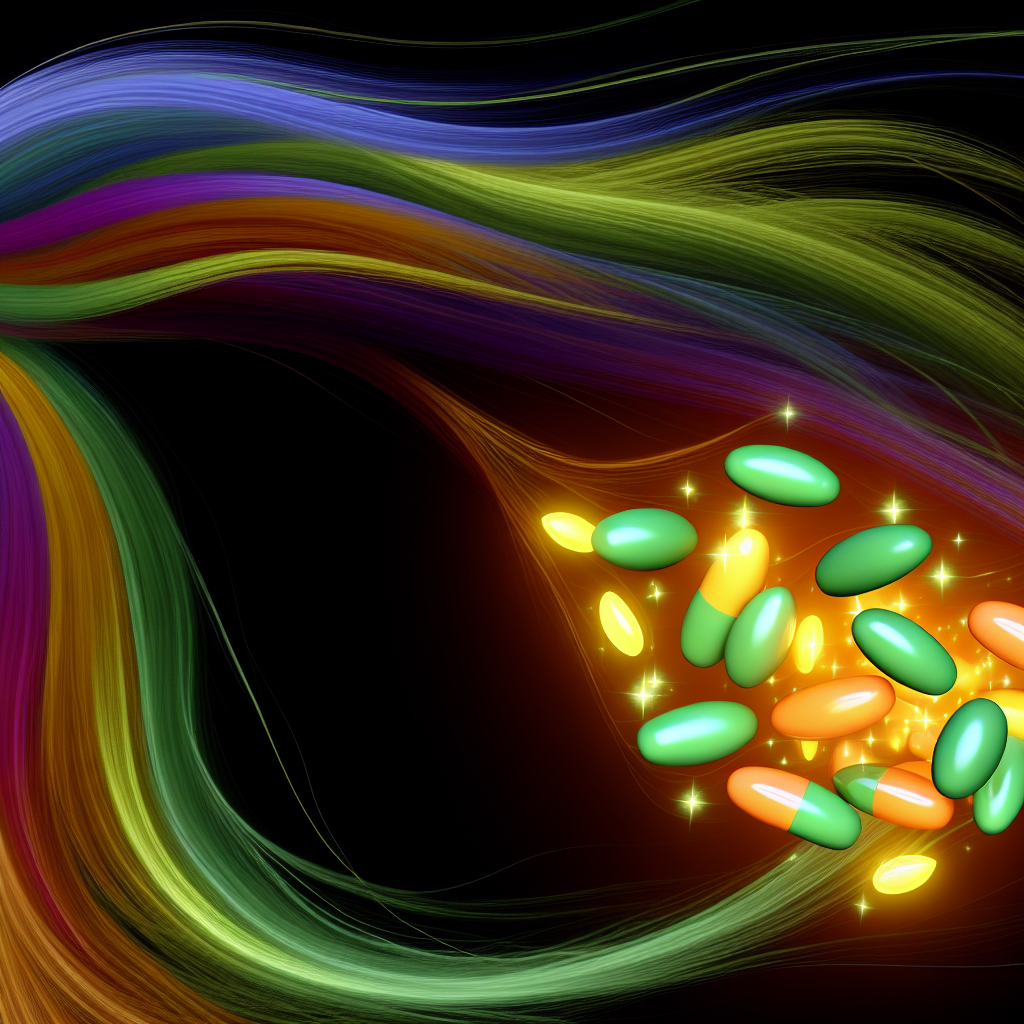Have you ever looked in the mirror and wondered why your hair won’t grow, feels thinner, or breaks so easily? If so, you’re not alone. Many people face frustrating hair issues, and while we tend to reach for hair products as a solution, the real fix often lies within your diet—specifically, the vitamins your body receives.
Your hair relies on key nutrients to grow strong and healthy. Vitamins play a vital role in this process, helping address issues like thinning, slow growth, or even hair loss caused by deficiencies. In this guide, we’ll explore the top vitamins for hair growth, highlight signs of deficiencies to watch for, and provide simple strategies to feed your hair the nourishment it needs. Let’s dive in!
How Nutrition Impacts Hair Growth
Have you ever thought about how plants respond when deprived of water or sunlight? Your hair growth works in a similar way—only instead of sunlight, it thrives on vitamins. Hair follicles are responsible for producing and growing strands, but if they lack nutrients, they can weaken or even stop functioning altogether. This nutritional balance is why proper vitamins are crucial for maintaining thick, shiny, and strong hair.
Let’s break down which vitamins are worth adding to your diet to keep your hair looking its absolute best.
The 7 Essential Vitamins for Hair Growth
1. Biotin (Vitamin B7): The Ultimate Hair Builder
Biotin is often called the “hair growth vitamin,” and for good reason. It’s a critical component in keratin production, which strengthens your hair’s structure and elasticity. Low biotin levels can lead to brittle strands and slow regrowth.
Sources: Eggs, almonds, walnuts, sunflower seeds, and sweet potatoes. If you prefer supplements, check with your healthcare provider for recommended usage.
2. Vitamin A: Hydrate Your Scalp and Strands
Vitamin A helps the scalp produce sebum, a natural oil that hydrates and protects your hair. A moisturized scalp supports healthy hair growth while preventing dryness and flaking.
Sources: Carrots, sweet potatoes, spinach, kale, and mangoes. Be cautious—excessive Vitamin A can lead to hair loss.
3. Vitamin C: Strengthen Your Hair’s Structure
Vitamin C promotes collagen production, which helps keep your hair thick and strong. It also facilitates better iron absorption, aiding follicle function and preventing shedding.
Sources: Citrus fruits like oranges and lemons, strawberries, bell peppers, and broccoli.
4. Vitamin D: Activate Dormant Hair Follicles
Vitamin D deficiency has been tied to alopecia, a condition that leads to hair loss. This vitamin helps stimulate inactive follicles, encouraging new growth.
Sources: Fatty fish (like salmon), fortified milk, eggs, and direct sunlight exposure.
5. Vitamin E: Protect Hair From Everyday Stress
Vitamin E shields your hair from oxidative stress caused by free radicals and improves scalp circulation, ensuring follicles get the nutrients they need.
Sources: Almonds, sunflower seeds, avocados, and green leafy vegetables.
6. Iron: Prevent Hair Shedding
Iron enables red blood cells to deliver oxygen to your scalp and follicles, strengthening your hair from the root. Women, in particular, may experience hair loss from undiagnosed iron deficiencies.
Sources: Spinach, lentils, lean beef, quinoa, and fortified cereals. Pair iron with Vitamin C for enhanced absorption.
7. Zinc: Repair Follicles and Protect Hair
Zinc is vital for follicle health, hormone regulation, and repairing damaged strands. Without adequate zinc, hair thinning and slower regrowth can occur.
Sources: Oysters, pumpkin seeds, chickpeas, and cashews.
Signs of Vitamin Deficiencies That Can Harm Your Hair
If you’ve tried improving your hair care routines but still notice thinning, shedding, or brittleness, your body might be signaling a vitamin or nutrient deficiency. Here are a few common signs to watch for:
- Thinning hair: May indicate low biotin, Vitamin D, or iron levels.
- Dry scalp: Often linked to inadequate Vitamin A intake.
- Excessive shedding: Could be caused by iron deficiency.
- Brittle and fragile strands: May result from insufficient Vitamin E or collagen support.
If you notice these symptoms, assess your diet and consult with a doctor to identify possible deficiencies or solutions.
How to Add Hair-Friendly Vitamins to Your Routine
Packing your meals with these hair-nourishing nutrients doesn’t need to be complicated. Follow these tips to easily incorporate them into your everyday routine:
- Prioritize whole foods: Work fruits, vegetables, nuts, seeds, and lean proteins into your diet for maximum benefits.
- Use supplements wisely: If you aren’t meeting your dietary needs, talk with your doctor about multivitamins or targeted supplements like biotin or Vitamin D.
- Combine iron and Vitamin C: Eating iron-rich foods with a Vitamin C source helps your body absorb these nutrients efficiently.
- Stay hydrated: Drinking plenty of water supports overall health and keeps your scalp nourished.
Additional Tips to Boost Hair Growth
While vitamins are the foundation of hair growth, there are other ways to support healthy strands:
- Massage your scalp regularly to stimulate blood flow.
- Reduce heat styling to minimize damage and breakage.
- Manage stress through mindfulness activities like yoga or meditation, as chronic stress can trigger hair loss.
Conclusion
Healthy hair doesn’t happen overnight, but with consistency and patience, it’s achievable. By incorporating essential vitamins like biotin, Vitamin D, Zinc, and Iron, you’re giving your scalp and hair follicles the nourishment they need to thrive.
Whether you’re looking to combat thinning, reduce shedding, or just want stronger strands, a nutrient-rich diet makes all the difference. So, start building meals packed with whole foods, consult your doctor about supplements, and adopt lifestyle habits that complement your nutrition. Over time, you’ll see gradual improvements—and every bit of effort will be worth it.
Let your journey to healthier, happier hair begin today. Your locks deserve it!
